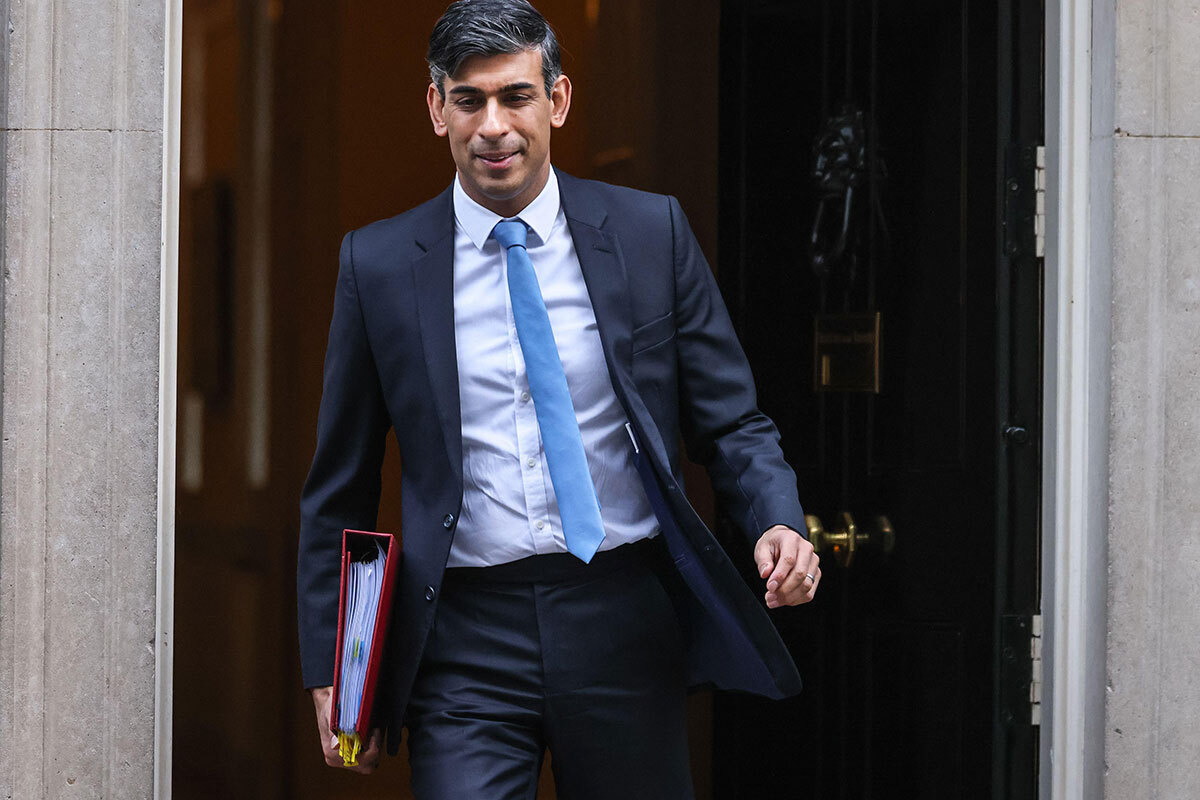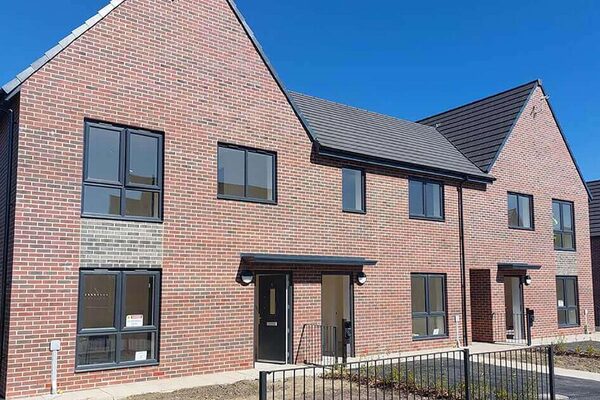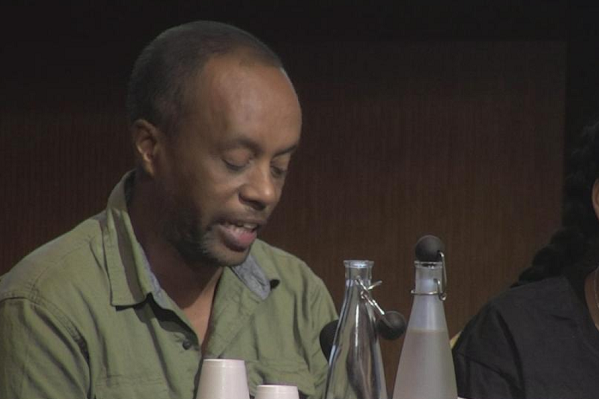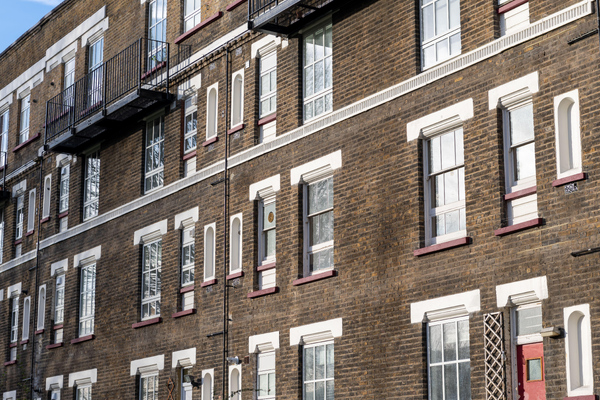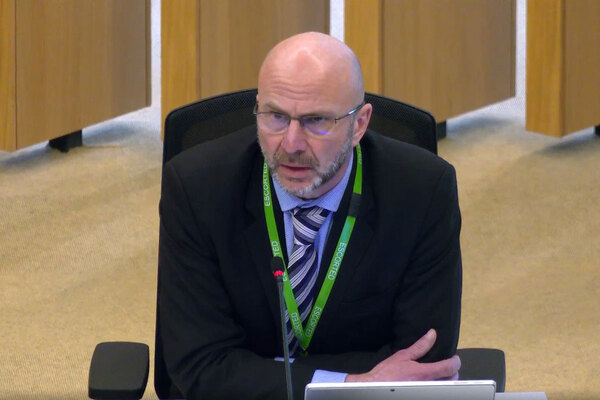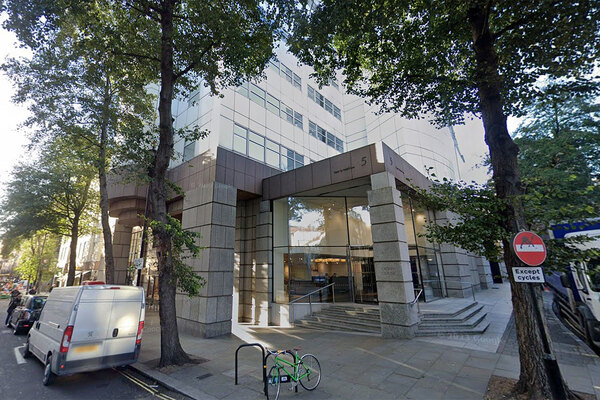You are viewing 1 of your 1 free articles
‘Scapegoating, unserious and lacks focus’: sector responds to government plans for ‘British homes’
Sector bodies and a national charity have hit out at mooted government plans to give UK families higher priority for social housing.
Branded as “British homes for British workers”, the speculative plans revealed by The Guardian newspaper yesterday have already received pushback from the social housing sector.
The National Housing Federation (NHF), the Chartered Institute of Housing (CIH) and a national homelessness charity have urged the government to refocus and address the pressing policy issues that are impacting the sector’s ability to deliver more affordable homes.
In the meantime, reports suggest that the government plans to launch a consultation in the coming weeks into how they can give British citizens faster access to social housing.
Under current rules, local housing authorities are meant to decide social housing allocation based on need, giving priority to those who are homeless or living in overcrowded or poor conditions.
Refugees are allowed to claim social housing, but anyone who is not entitled to benefits is not, meaning most foreigners in the UK are already excluded.
Regardless, the latest government figures show that 90% of the lead tenants in social housing are British citizens.
The news comes after Halisha Kaur, chair of CIH Futures, set out last week how the government wants to weaponise social housing in its fight against asylum seekers, and why the sector must not allow its existing and future tenants be scapegoated as the cause of this country’s failure to deliver enough homes.
Reports suggest that the move is designed in part to bolster prime minister Rishi Sunak’s reputation for being tough on immigration, at the same time as council leaders are warning that a surge in spending on temporary accommodation to tackle the housing crisis could spell the “end of local government”.
This surge in spending by English councils on this issue increased by 9% last year to hit £1.7bn.
Downing Street has declined to comment on “policy speculation”.
But Kate Henderson, chief executive of the NHF, said: “Everyone in this country deserves a safe, secure place to live. The housing crisis is caused by inadequate piecemeal policies, massive cuts in funding to social housing and the lack of a serious long-term plan. The only way to fix the housing crisis is through a long-term plan for housing which properly addresses the severe shortage of social homes.”
Gavin Smart, chief executive at the CIH, said it was difficult to comment given the speculation, but he expressed concern that the government’s focus was “in the wrong place”.
Mr Smart said: “We’ve currently got 1.4 million people on the social housing waiting list and it’s growing by the day. Homelessness is at record levels and councils are struggling with the cost of rising temporary accommodation.
“We urgently need to increase the supply of social rented homes – that means building more and reducing the loss generated by policies such as Right to Buy.”
Researchers from University College London joined a chorus of other sector professionals in calling for the end of the Right to Buy yesterday.
Mr Smart added: “Further rationing of an already scarce resource does not address this. And with government data showing that 90% of new lettings in social housing go to UK nationals, it’s questionable whether the new approach suggested would achieve its intended aims.
“We would urge the government to focus efforts on housing solutions to boost supply. We’re committed to working with them on this – building on our collective calls for a genuine long-term plan for housing.”
Polly Neate, chief executive of Shelter, described the proposals as “nothing more than scapegoating at its worst”.
The policy ideas came as research by London Councils found that the number of homelessness presentations made by refugees and asylum seekers evicted from Home Office accommodation increased by 39% in October.
Ms Neate said: “It is unnecessary, unenforceable and unjust. Not only does it ignore the fact that there are already stringent rules so only UK citizens or those with settled status can access homes for social rent, but it blames a group of people for a housing emergency that they did not create.
“For decades we’ve lost more social homes than we’ve built, leaving us with a huge shortage and condemning homeless families to years on a waiting list with no hope of a stable home. If the government wants to do something that would genuinely tackle the housing emergency, there’s a clear solution – we need to build 90,000 social homes a year.”
It is a target that Inside Housing is calling on all parties to commit to as part of its Build Social campaign.
Additional reporting on this proposal also suggests that the Conservatives’ housing plans were due to be announced this week, but were delayed at the last minute after the government was warned it would look bad during the Grenfell Testimony Week event in central London.
This week was set up as a result of the resolution of more than 900 civil claims and has been hearing from members of the community, all of whom lost family members in the fire.
The testimony week process allows claimants who agreed to the civil settlement to speak directly to representatives from the 22 companies that were the defendants in the claim.
A group of Ethiopian and Eritrean bereaved and survivors of the Grenfell Tower fire have described the lack of progress in criminal justice as a “sharp knife to their grieving process”.
Sign up for our daily newsletter
Already have an account? Click here to manage your newsletters
